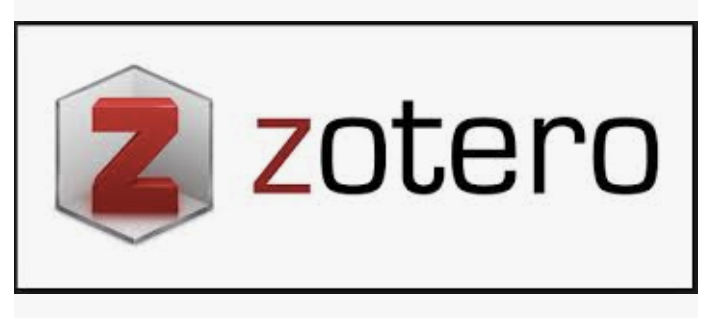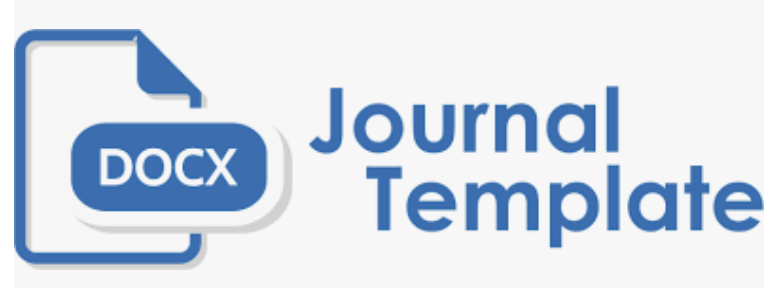INTEGRASI TEKNOLOGI DALAM PENDIDIKAN AGAMA ISLAM: MENINGKATKAN EFEKTIVITAS PEMBELAJARAN DI ERA DIGITAL
DOI:
https://doi.org/10.20414/maharah.v1i2.37Abstract
The development of digital technology has driven significant changes in the world of education, including in Islamic Religious Education (PAI) learning. The challenges of the digital era demand an adaptive, interactive, and relevant PAI learning system with the characteristics of 21st-century learners. This study aims to examine in depth the practice of technology integration in PAI learning and assess the effectiveness and challenges of its implementation. The study used a descriptive qualitative approach with a case study method. Data were collected through semi-structured interviews with teachers, students, and principals; direct observation of the learning process; and analysis of curriculum documents and school policies. Data analysis techniques were carried out with thematic analysis through a process of reduction, presentation, and drawing conclusions that were validated through triangulation of sources and methods. The study's results showed that integrating technology through Learning Management Systems (LMS), interactive videos, and digital applications can increase student motivation, participation, and understanding of Islamic material. However, challenges persist in the form of limited infrastructure, low digital literacy among teachers, and a lack of contextual Islamic content. This study concludes that technology integration in PAI has great potential in creating valuable, effective, and modern learning if supported by appropriate pedagogical strategies and adequate institutional support.
Downloads
Published
How to Cite
Issue
Section
License
Copyright (c) 2025 Maharah: Journal of Islamic Education Teaching and Learning

This work is licensed under a Creative Commons Attribution-ShareAlike 4.0 International License.











